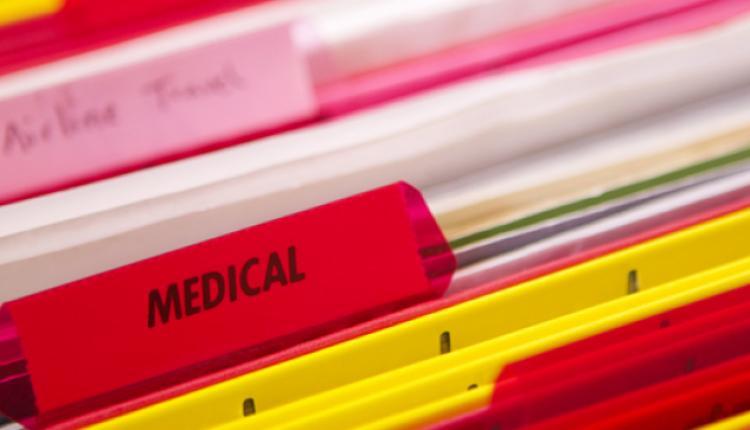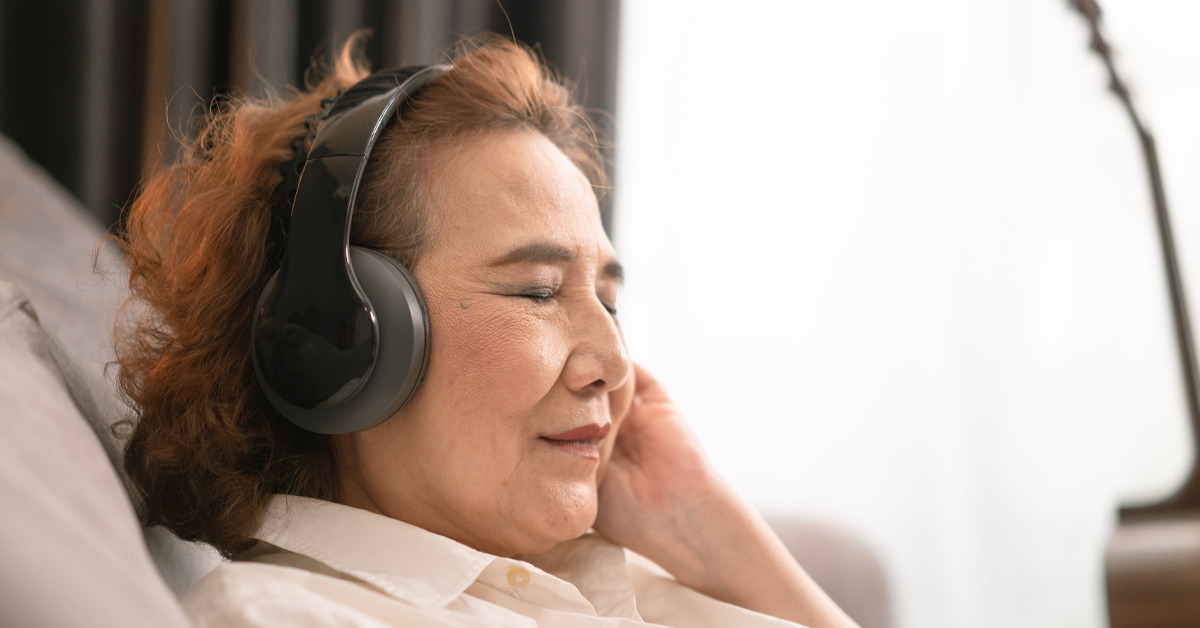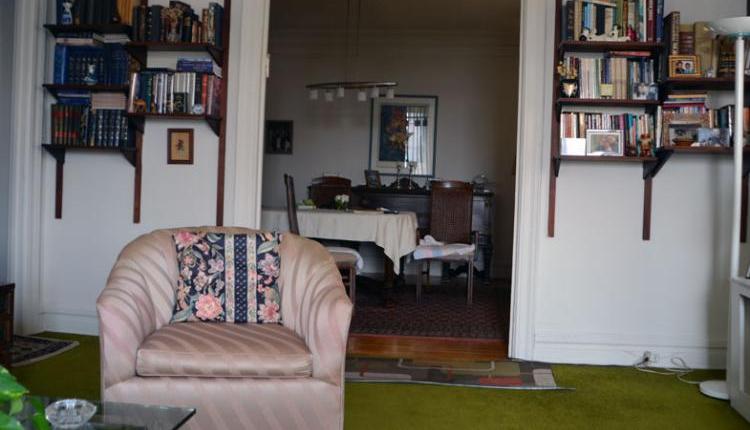Be Prepared: Create a Medical and Emergency Information Folder

Imagine that you’re at work. You return from a meeting to find several messages from your mom’s caregiver. As you listen to them, your worry turns to relief. Your mom is fine, but the caregiver couldn’t find your mom’s health insurance card.
MEDICAL AND EMERGENCY INFORMATION
Keep vital information in one place can make caregiving easier. Depending on your parent’s needs, you may wish to have two folders. One should have medical and emergency information available to all caregivers. The second should have private legal or financial information that primary caregivers may need.
Keep the emergency folder near a calendar with medical appointments. There are many ways you can organize this folder. One way is to have personal and health information in one pocket and medical insurance documents in the other.
Information to include in your medical folder:
- Your parent’s name, address, phone number, and date of birth. Include all information as it appears on insurance documents.
- List of doctors’ names and specialties, addresses, and phone numbers.
- Name, address, and phone number of pharmacy.
- List of medications with dosages; copies of prescriptions.
- List of medical suppliers, including those who can send replacement supplies overnight in an emergency.
- Emergency phone numbers.
- An emergency plan of action.
- Your parent’s health history.
- Clear, legible photocopies of both sides of all medical insurance cards. Consider enlarging the photocopies to make them easier to read.
- Name of health insurance company and phone numbers for customer service, billing, and claims.
- A few health insurance claims forms.
STORE MEDICAL RECORDS ONLINE
Websites can be an effective way to manage your loved one’s medical information. Numerous Personal Health Record (PHR) providers have sprung up in recent years to help patients consolidate health information. PHRs can store personal and family medical histories, immunization records, information about allergies and adverse drug reactions, lists of medications and dosage, and lab results and reports.
PHRs can make it easy to track and share information. For example, some work with heart monitors and blood glucose devices. Your parent can upload vital signs that you or a physician can track. PHRs can also let you transfer medical records to and from doctors’ offices and hospitals, and order prescriptions safely and securely.
FINANCIAL AND LEGAL INFORMATION
Make a separate folder for information that should be kept private. It should include items like:
- Your parent’s Social Security number
- Copies of wills


